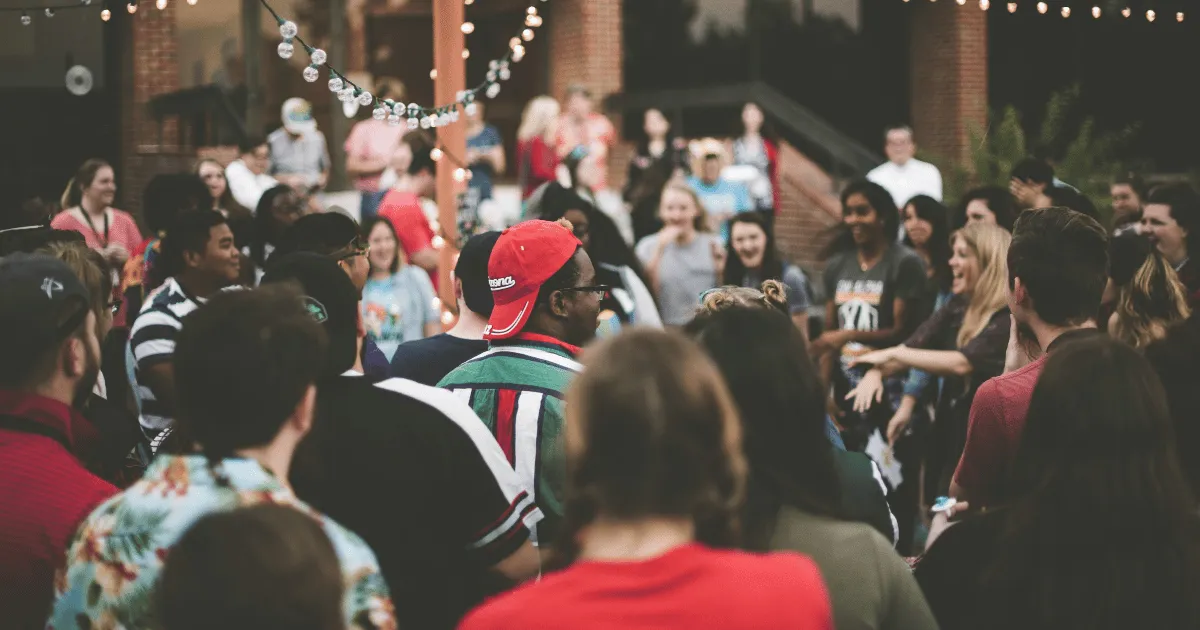
On July 11, the US District Court for the District of Columbia heard oral arguments in the case of Al Bihani v. Trump, a case arguing against the indefinite detention of 11 prisoners per Trump’s proclamation that no prisoners be released, regardless of the context. The case was brought forward by the Center for Constitutional Rights and the UK-based human rights organization Reprieve, which provides legal representation for Guantánamo prisoners and victims of drone strikes in addition to advocating on other human rights issues. As a Muslim who has long advocated for the closure of the prison, I was looking forward to attending the hearing because it was one of the few times where a call for justice would be heard for Muslim prisoners of the war on terror who have been detained offshore and outside the purview of the few US laws that exist to protect those in detention. Guantánamo has always served as a place of deep dehumanization for the Muslims incarcerated there and a lingering threat for other Muslims. In this way, the legacy of Guantánamo extends far beyond its walls.
As the only visible Muslim in the room, I recognized that my presence would immediately invite scrutiny. The hearing was about to begin, so I quickly sat in the front row. However, a courtroom security officer told me I had to move because that row was reserved for attorneys. After I moved, the surveillance didn’t stop, and he then told me I needed to put my phone away, which I promptly did, though with some frustration. As a result, and after sitting in the courtroom for less than five minutes, I was escorted out, and once outside, the officer told me that when he gave me orders, I had to listen without giving him attitude. Then he told me I wouldn’t be let back in to observe the hearing. In other words, I was kicked out because I had an “attitude,” not because I failed to comply with his instructions. This was a reminder not only about how state violence operates, but also about how people of color are intentionally and specifically targeted because they don’t follow the “rules” — even if these rules are selectively enforced.
Read the entire story featuring Resist grantee Justice for Muslims Collective.


